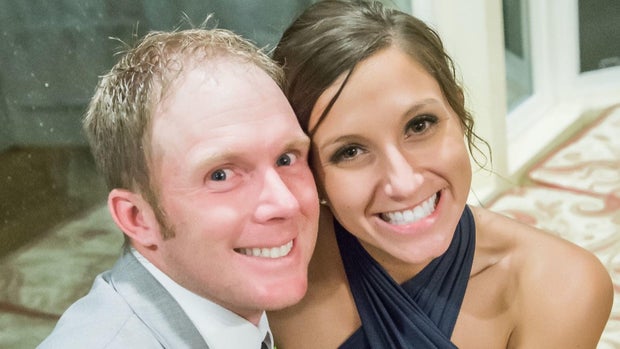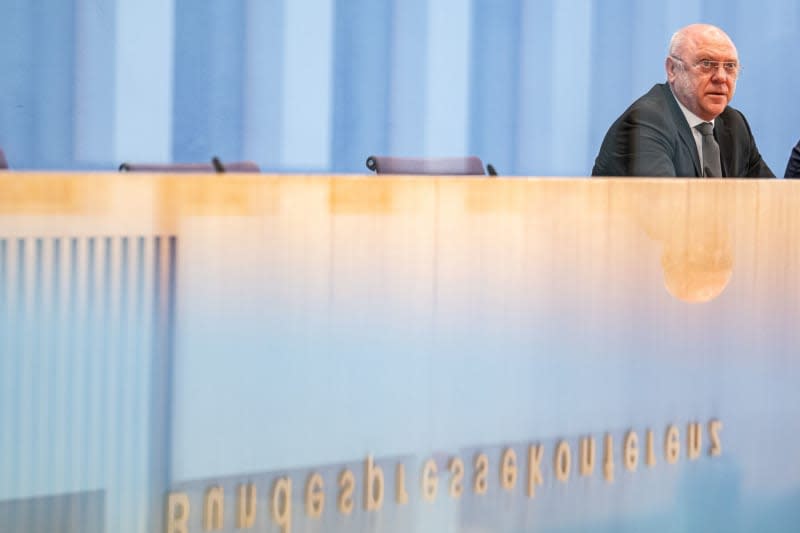Ten years after Boko Haram gunmen abducted his daughter from her school in the Nigerian town of Chibok, Yama Bullum feels as if he has lost her once again.
His daughter, Jinkai Yama, was one of 276 girls kidnapped from the secondary school in the early hours of 14 April 2014 by the Islamist fighters.
Fifty-seven of them escaped shortly afterwards. Then between 2016 and 2018 an additional 108 were either rescued by the military or released through negotiations.
Ninety-one others remain missing, but Ms Yama is one of 20 “Chibok girls” rescued over the last two years from Boko Haram hideouts in Sambisa Forest in north-eastern Borno state, the epicentre of the 15-year insurgency.
But her father has been outraged to discover that like some of other recently freed women, she has decided to remain married to one of the fighters who once held her captive.
These couples now reside in the city of Maiduguri – Borno’s capital, 125km (78 miles) north of the remote town of Chibok – in housing organised by the state’s governor Babagana Umaru Zulum.
“I am not happy with what the governor did. The girls managed to come out of the forest and the governor married them off again. Her mother is very angry,” Mr Bullum said.
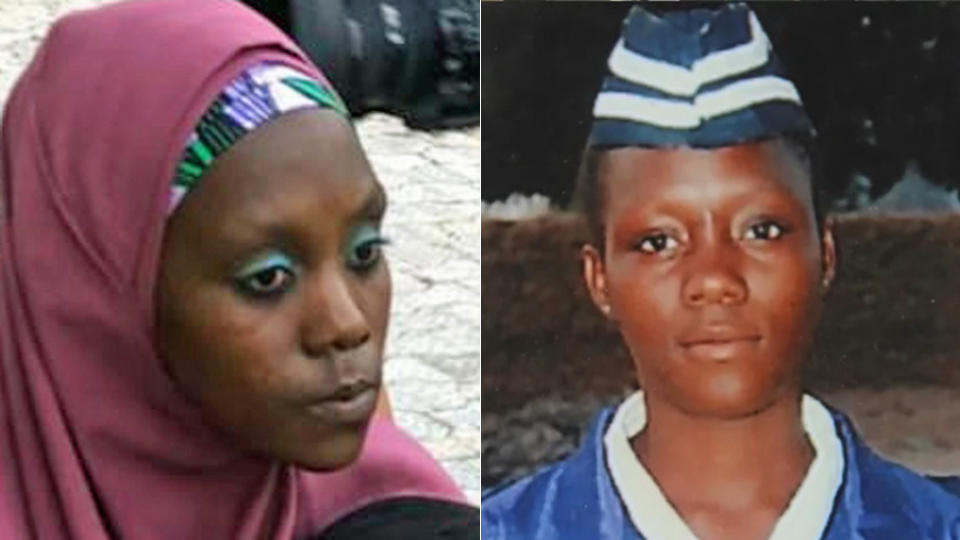
He found out when his daughter called him up to tell him last August – and handed over the phone asking him to talk to her husband, the former insurgent.
Until then, Mr Bullum had assumed she was with other freed Chibok captives and her three children in a special welfare programme.
Like a number of other Chibok parents, Mr Bullum is disturbed by what seems to be the Nigerian government’s approval of marriages between their rescued daughters and the men who abducted them.
Allowing the freed women to live with their former captors as wives, while their accommodation is provided by the government, is perceived by the parents as Governor Zulum sacrificing their daughters in the quest for stability in the region.
They see these marriages as a way to appease the former militants.
Most of the girls taken from the Chibok school were Christian.
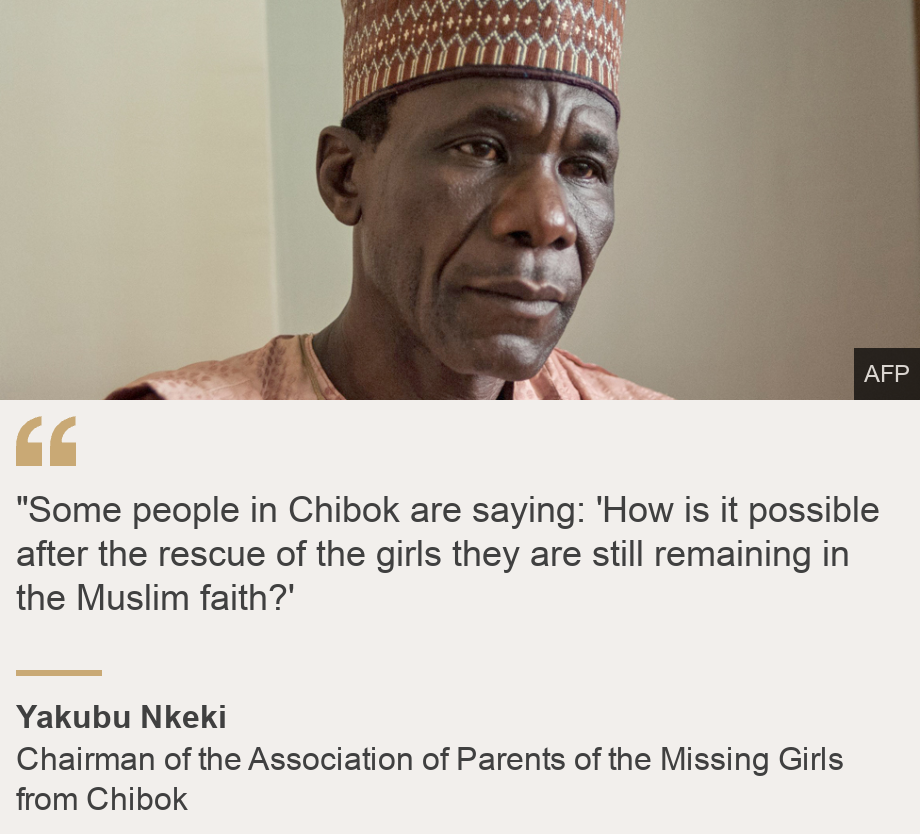
The recent news of the continued “marriages” has further upset parents whose children were forced to convert to Islam during captivity.
“Some people in Chibok are saying: ‘How is it possible after the rescue of the girls they are still remaining in the Muslim faith?'” said Yakubu Nkeki, chairman of the Chibok parents’ association.
The state appears to be grappling with the dilemma of respecting the girls’ wishes while fulfilling the desires of their parents.
“My only interest is that we don’t want these girls to go back to the bush again,” Borno Governor Zulum told me.
“Even before they came out [of the Sambisa Forest], some of them gave us conditions – that they will not come without their husbands.”
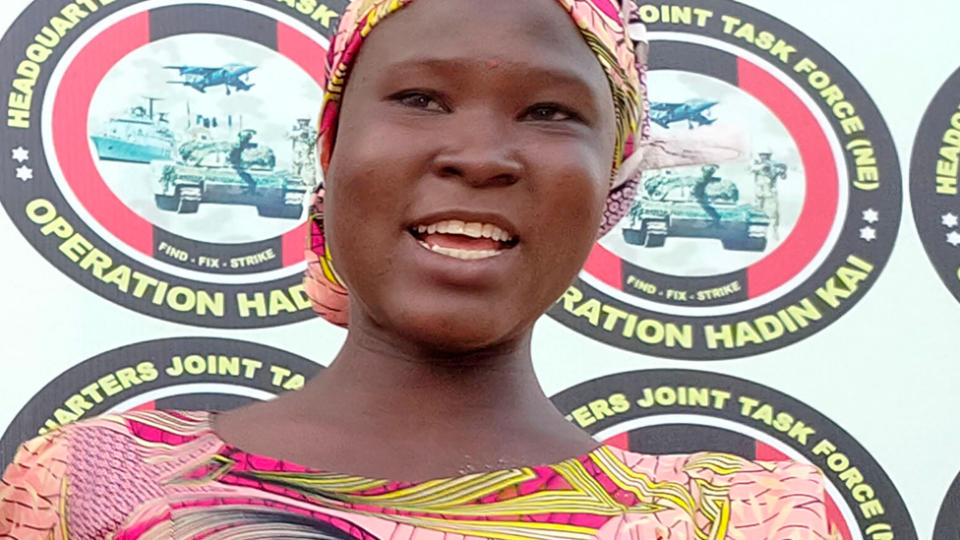
One of these women, Aisha Graema, told me that she would not have left the forest if she could not be with the militant she married two years after being abducted from the Chibok school.
“We have been married for eight years,” said the mother of three.
“I first came out of the forest and then he followed me. There in the bush, we had no relative, no brother, no sister, that is why we decided to come out.
“He finished deradicalisation before we were allowed to stay together. The government welcomed us well, gave us food, shelter, everything.”
Another Chibok girl, Mary Dauda, explained to me that she would not have been able to escape from Sambisa without her husband, who helped her sneak away from the militants’ hideout.
“We had agreed that he would join me afterwards and present himself to the governor for rehabilitation,” said the 27-year-old.
Hajj Camp in Bulumkutu is the main rehabilitation camp for former Boko Haram fighters and their long-term captives, where they are taken directly after their rescue.
After going through weeks of rehabilitation there, the men are reintegrated into society under the government’s ongoing amnesty programme for repentant Boko Haram members. This has so far processed about 160,000 people, according to Mr Zulum.
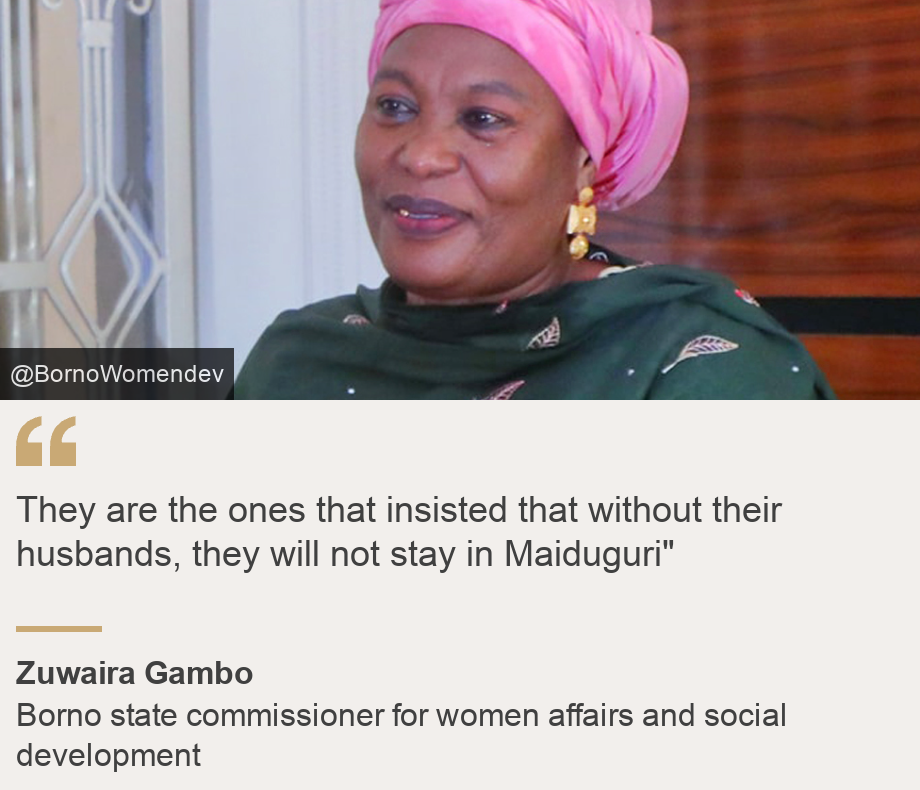
The welfare of the 20 most recently freed Chibok girls falls under the remit of Zuwaira Gambo, the Borno state commissioner for women affairs and social development, who insists the women were in no way coerced into staying with their spouses.
“They are the ones that insisted that without their husbands, they will not stay in Maiduguri,” Ms Gambo said.
“I asked them: ‘How can you want to stay with this man who destroyed your life?’ and they told me: ‘You will not understand.'”
Rather than have the couples return to the forest, she said the authorities sought a different path.
The 20 women – along with 31 children – were moved to a secure facility in an affluent area of Maiduguri. Seven are with their Boko Haram husbands; some of the others are engaged to former fighters they met while in Bulumkutu.
Training is offered to the women in skills like tailoring and computer literacy.
They share a large mansion, surrounded by expansive grounds where they gather on mats beneath trees to chat while their children play in the sand.
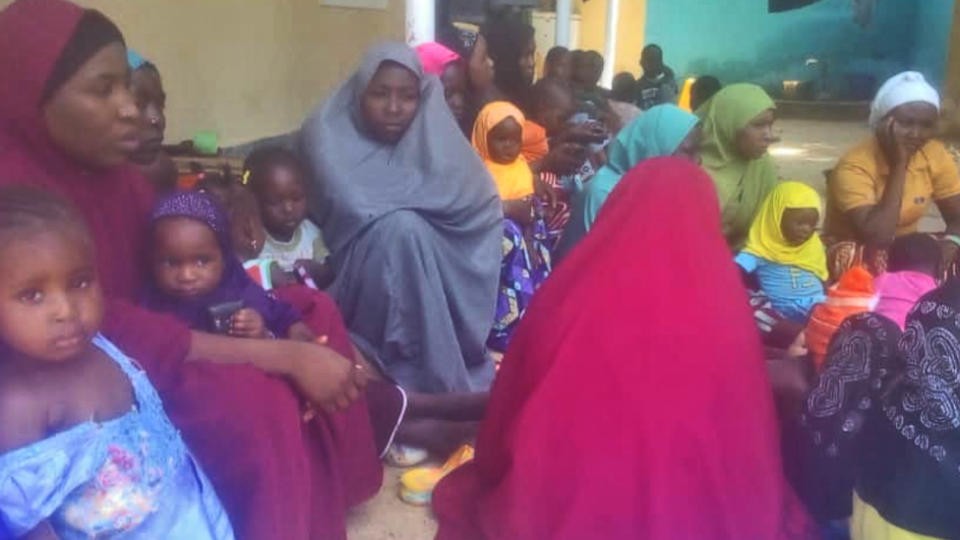
Each couple is provided with their own room.
The freed Chibok girls are not alone in wanting to stay with their Boko Haram husbands.
One 16-year-old told me back in 2016 that if she had had a gun, she would have shot the soldiers who came to rescue her from captivity.
Experts attribute this to several factors, including the sense of belonging fostered by being part of the insurgent group, indoctrination into its extremist beliefs, the development of romantic attachments over time and the formation of family bonds, particularly when they have children together.
Additionally, acts of kindness and care, such as showering them with gifts, by their captors may contribute to these feelings.
“These people took the time to convince them that what they had known before was the wrong way,” said Fatima Akilu, a psychologist who has worked with many freed captives taken in their formative years.
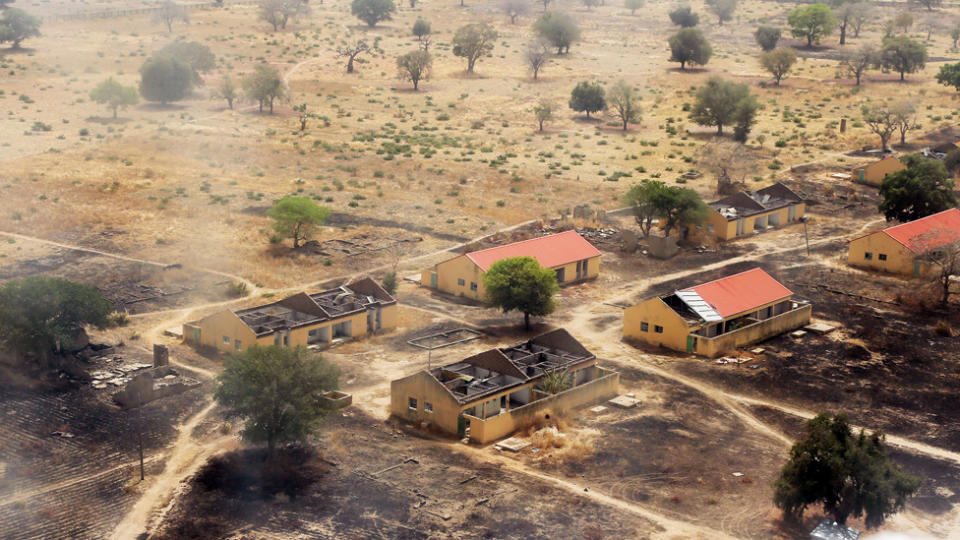
But the situation of the Chibok girls stands out because of the government’s active support for them and their husbands staying together.
Governor Zulum believes this will encourage those still in Sambisa to come out of hiding.
The chair of the Association of Parents of the Missing Girls from Chibok says he finds himself torn between the grievances of the parents and the rights of the young women.
“The girls told me that they can’t do without their husbands,” Mr Nkeki told me.
“Me, myself, I am a freedom fighter and I want them to be free from the Sambisa Forest regardless of the situation they find themselves when they come out, whether Muslim or married or not.”
He recounted being urgently summoned to the childhood home of Saratu Dauda, one of the recently rescued Chibok girls, last year during a heated argument between her and her parents regarding her decision to remain married to her former captor.
“They said: ‘Come and hear what this girl is saying. You were calling for them to be released, yet look at how they are behaving’. I told them it was not her fault, that they have to be patient.”
Aisha Muhammed-Oyebode from the Bring Back Our Girls activist group and head of the Murtala Muhammed Foundation, which supports both the parents and the freed girls, believes that issues like this might have been avoided if the government had been better prepared with comprehensive plans for the girls upon their release.
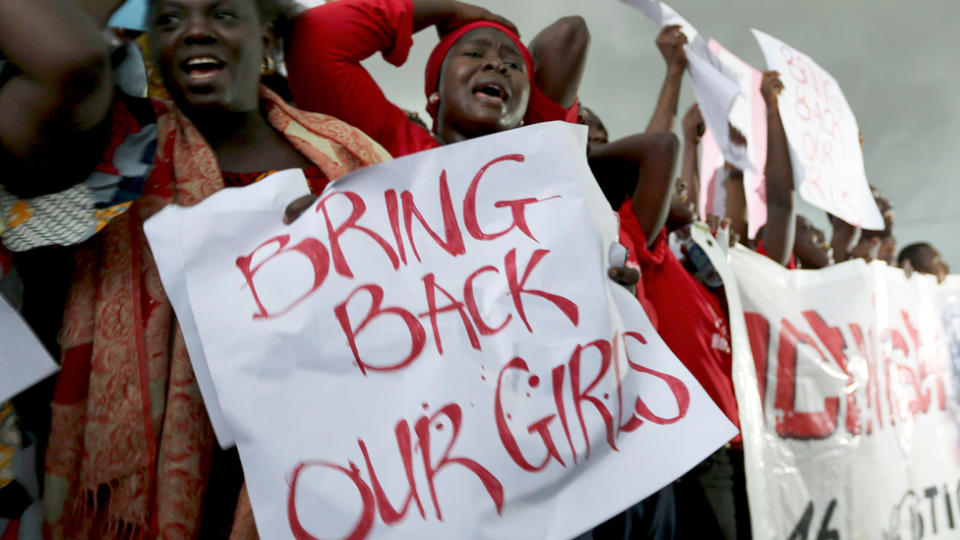
“Not having a structure around these kinds of situations is what is causing this kind of chaos,” she said.
After the explosive family argument, Ms Dauda cut short her visit to Chibok and returned to Maiduguri. Her father is so upset that he has chosen to no longer participate in the parents’ association or any events commemorating the anniversary of the abductions this year.
This includes the yearly gathering of parents of all the kidnapped schoolgirls, both free and missing, held at the school premises.
Ms Yama is also estranged from her family. Whenever they try to contact her, her husband answers her phone instead.
The 29-year-old has declined to respond to my questions about the situation, telling me that her relationship with her parents is no-one else’s business and how happy she is that her kidnapping led to her finding the “true religion”.
Her clearly distressed father said: “She doesn’t want to have anything to do with us at all.”

Adaobi Tricia Nwaubani is a freelance Nigerian journalist and novelist based in Abuja and London.



